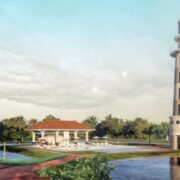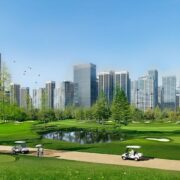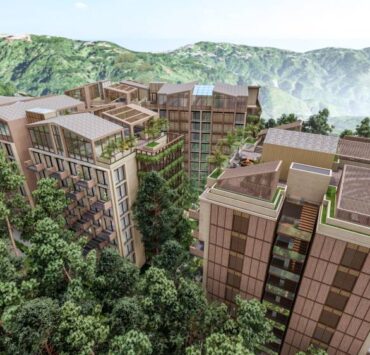The blissful nature of high-altitude developments
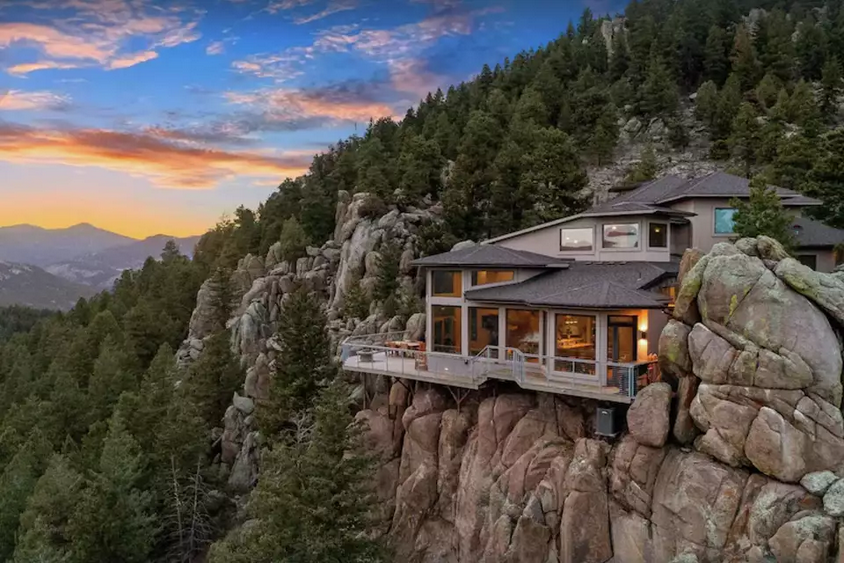
High-altitude locations provide cooler climates, cleaner air, and breathtaking landscapes, making them attractive for luxury residences, mixed-use developments, and wellness retreats.
The elevation offers a respite from the heat and pollution, creating a refreshing environment that promotes relaxation and well-being.
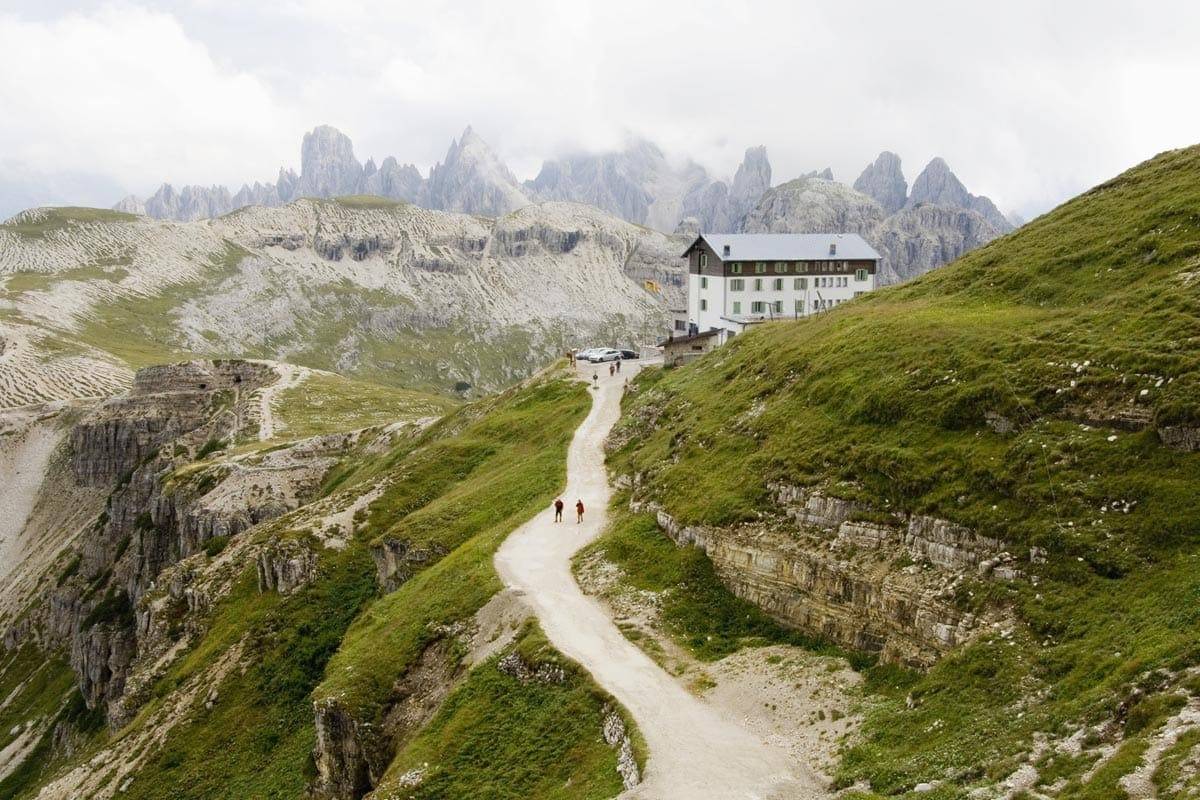
Impact of climate, greenery on well-being
Living at higher elevations can reduce stress on the cardiovascular system, while abundant trees and plant life offer psychological and physiological benefits.
Studies have shown that environments rich in greenery help lower stress levels, improve cognitive function, and encourage outdoor physical activities. Hiking trails, bike paths, and nature parks within highland developments promote an active lifestyle, reducing the risk of chronic illnesses such as obesity, hypertension, and diabetes.
Beyond physical health, proximity to nature fosters mental clarity and emotional stability. The sensory experience of being surrounded by lush landscapes and fresh air enhances mood and reduces symptoms of anxiety and depression.
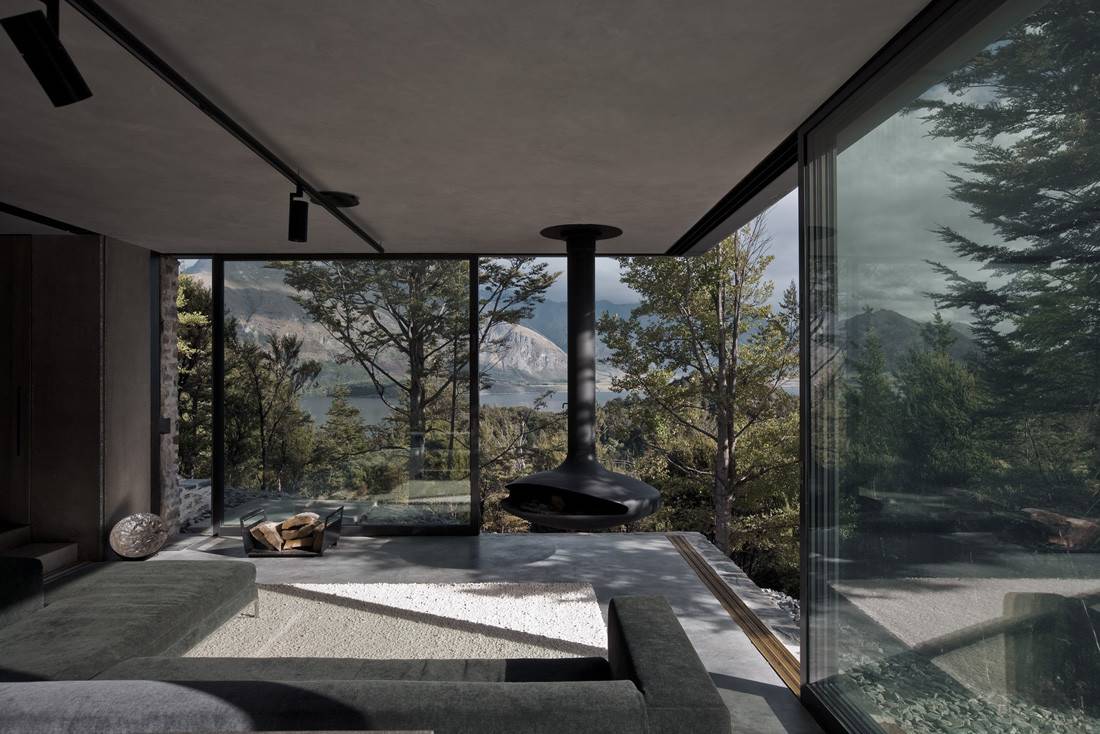
Masterplanning strategies
Building in hilly or mountainous areas demands thoughtful masterplanning that honors and protects the natural landscape.
Using a terraced approach for construction helps reduce land disturbance and soil
erosion, while enhancing views and ventilation. Careful positioning of roads and pathways ensures accessibility without compromising the land’s integrity.
Well-designed road networks should also align with the land’s natural contours to minimize excavation and reduce environmental impact. Creating pedestrian-friendly walkways, promoting sustainable transport options, and
developing energy-efficient infrastructure enhance the livability of highland communities.
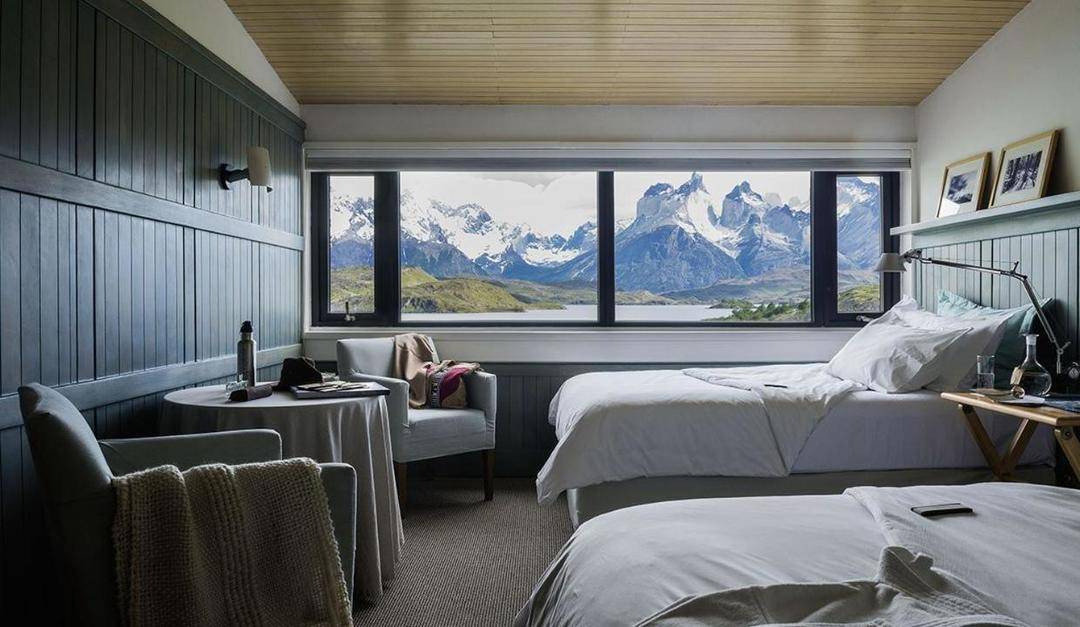
Celebrate the design of the landscape
Using locally sourced materials reduces construction costs and blends developments with the existing landscape. Stone, timber, and natural finishes evoke a sense of place while ensuring durability against the elements.
Large windows and open floor plans allow maximum natural light penetration and cross-ventilation, reducing dependence on artificial lighting and airconditioning. Passive design strategies, such as orienting buildings to take advantage of prevailing winds, further enhance energy efficiency.
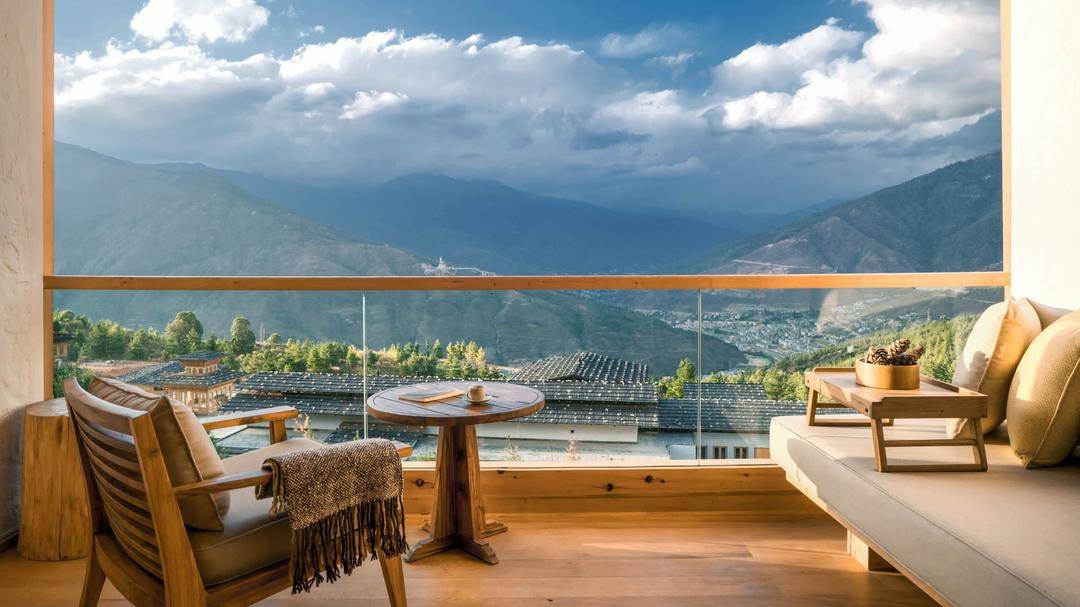
Investment potential of highland properties
Properties in high-altitude settings often command premium pricing due to their exclusivity, cooler climate, and scenic surroundings. These factors attract a high-value market segment, including affluent homeowners, vacationers, and retirees seeking respite from congested cities.
Resorts and eco-tourism projects thrive in these settings, offering unique lodging experiences that capitalize on nature’s tranquility. Hospitality investments in highland regions yield strong returns as travelers increasingly seek wellness-centered accommodations that provide clean air, serene landscapes, and outdoor recreational opportunities.
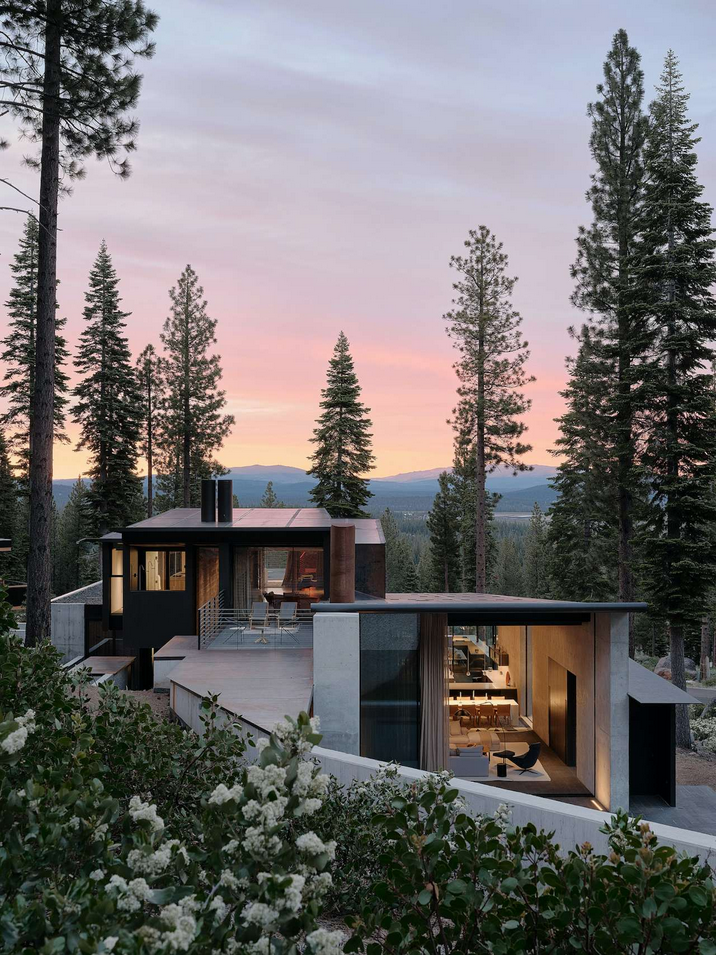

Expanding economic and social opportunities
Sustainable energy solutions like solar and wind power enable highland communities to gain independence from traditional power grids. Thoughtfully developed highland areas attract academic institutions focused on biodiversity, fostering investments, and promoting long term growth and self-sufficiency.
The author (www.ianfulgar.com), is a leading architect with an impressive portfolio of local and international clients. His team elevates hotels and resorts, condominiums, residences, and commercial and mixed-use township development projects. His innovative, cutting-edge design and business solutions have garnered industry recognition, making him the go-to expert for clients seeking to transform their real estate ventures

